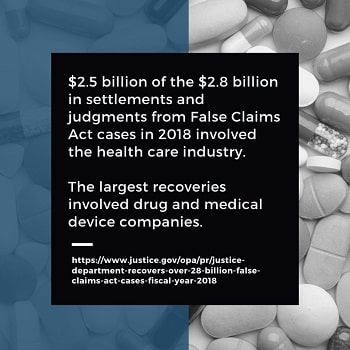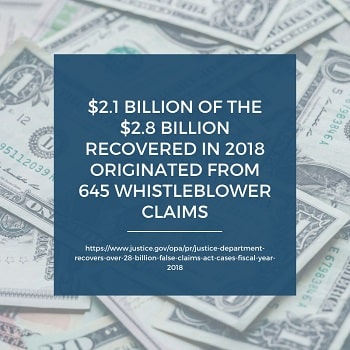Pharmaceutical fraud can have devastating effects on patients and their loved ones. From off-label marketing to falsifying study outcomes, pharmaceutical fraud causes vulnerable people to suffer while corrupt companies see their profits soar. Choosing to stand up against these powerful companies is a noble endeavor but not one you want to face alone.
Pharmaceutical fraud lawyer, James H. Shoemaker, is well-versed in whistleblower protections and processes related to exposing corruption in the pharmaceutical industry. He will work diligently to fight retaliation against you and pursue maximum compensation for your efforts in blowing the whistle on unethical behaviors of a pharmaceutical company.
Types of Pharmaceutical Fraud

- Concealing known adverse effects and falsifying study results – Clinical trials are supposed to be objective studies of a drug’s safety and efficacy. Unfortunately, drug manufacturers are highly motivated to put profit over patients’ wellbeing. Purposefully omitting information about risks and side effects or falsifying data in order to get a drug approved for sale are both egregious breaches of consumer trust and safety.
- Off-label marketing – Drug makers are authorized to advertise a drug for its FDA-approved use only. When a pharmaceutical company markets a drug for use other than the FDA-approved indication, a claim can be brought under the False Claims Act. Some ways that drug companies engage in off-label promotion include providing incentives for sales representatives who make sales based on the off-label claims and directing doctors to studies that imply or suggest that a drug is effective for an off-label use.
- Kickbacks – When a pharmaceutical company entices doctors with gifts, money, vacations, and retreats in exchange for prescribing certain medications, the company is in violation of federal law. A physician is not allowed to accept gifts or cash from a drug company for prescribing a medication under any circumstances. Kickbacks can encourage physicians to prescribe medications that may not be the safest or most effective option for a patient, making this practice a threat to consumers.
- Price Inflation – When a drug manufacturer misrepresents the wholesale price of a drug to federal programs like Medicaid in order to charge the government a higher price, a claim can be made under the False Claims Act.
Common Concerns for Pharmaceutical Fraud Whistleblowers

- HIPAA – HIPAA law regulates how medical information can be shared. You may be concerned about violating HIPAA by blowing the whistle on a drug manufacturer. However, Mr. Shoemaker understands whistleblower exceptions as they pertain to HIPAA law and can help you take appropriate action.
- Retaliation – A drug manufacturer has a lot to lose from having fraud exposed. You could find yourself facing retaliatory actions by your employer, such as demotion, harassment, or termination. Such actions are illegal per the False Claims Act, but it can be intimidating to try to assert your rights in that situation. Mr. Shoemaker’s knowledge of the False Claims Act and your rights will ensure that your rights are protected.
Contact Us for a Consultation
Mr. Shoemaker has a track record of successfully representing whistleblowers, protecting their rights, and recovering compensation. Mr. Shoemaker represented a whistleblower in the 2009 False Claims Act recovery against Pfizer. This was one of the largest pharmaceutical fraud cases in U.S. history, settling at $2.3 billion.
To schedule a consultation with Mr. Shoemaker, call 757-223-4580. We serve clients in Hampton Roads, Virginia Beach, Washington, D.C., and across the U.S.
